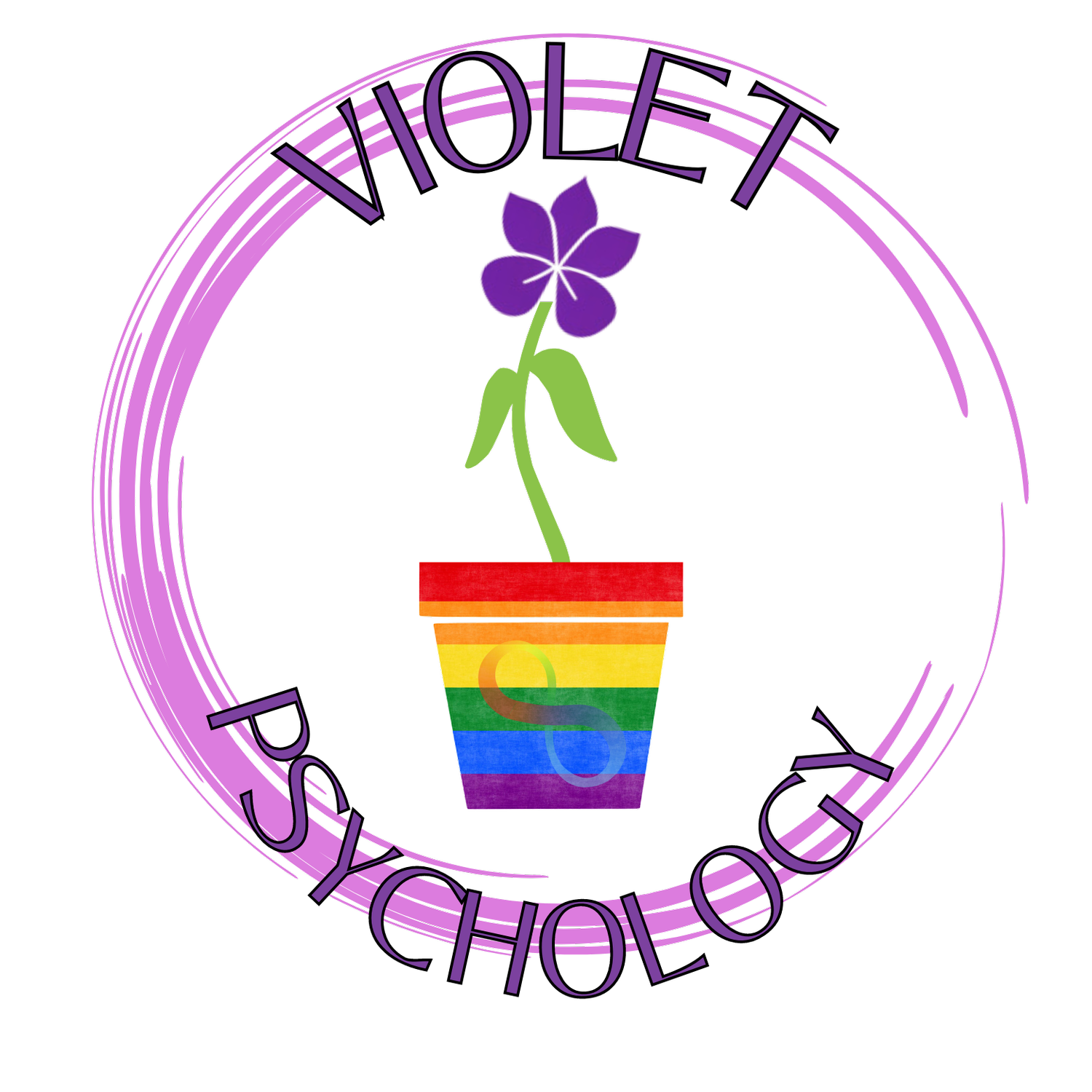The Endless Coming Out: Navigating Non-Binary Identity in a Binary World
In this entrance, I want to expand the experience of coming out for some people. I have talked about coming out as autistic, coming out as part of the LGBTQ+ and now I want to address the constant need to come out over and over again for some gender identities, specifically for non-binary individuals.
For non-binary individuals, coming out isn’t a one-time event. Every time they show their passport or ID, fill out a form, or meet someone new, they are often faced with the necessity of explaining their identity. This constant need to come out can be exhausting and frustrating. The repetitive nature of explaining and asserting our identities can take a serious toll on our mental health. The looks, the misgendering, the explanations—it’s a draining experience that many non-binary people endure daily. Whether it's at the doctor's office, with a bank teller, or even at a social gathering, the script is often the same.
Research has shown that this perpetual coming out can significantly impact mental health. A study published in the Journal of Adolescent Health highlights that non-binary individuals face higher rates of anxiety, depression, and other mental health issues compared to their cisgender peers. The need to constantly explain and justify one’s existence can contribute to feelings of stress, frustration, and invisibility.
The Trevor Project’s research underscores this, revealing that non-binary youth who experience misgendering and invalidation are at a higher risk for mental health issues. Respect and recognition of every identity are not just about social niceties; they are critical for our mental well-being.
And for a lot of non-binary or genderqueer people, the reality is that sometimes it hasn't been possible to come out or to change their legal documents, which then means that they move through the world with documentation marked with a gender that doesn’t reflect who they are.
- Where is this coming from? : The gender binary
The struggle against the gender binary isn’t just a contemporary issue—it has deep roots in history. Many pre-colonial societies had more fluid understandings of gender, recognizing and respecting multiple gender identities. However, colonial powers imposed rigid binary frameworks that erased these diverse identities and enforced strict conformity.
Patriarchy and colonialism have worked hand-in-hand to uphold the gender binary. These systems benefit from clear, controllable categories that reinforce existing power dynamics. The legacy of these structures continues to shape societal attitudes and institutional policies, making it harder for non-binary individuals to be seen and validated.
- Challenging the Binary
Despite these challenges, there are movements worldwide working to challenge and dismantle the gender binary. Legal recognition is a significant step, but societal attitudes need to evolve too. Educating people about non-binary identities and advocating for inclusive policies can help create environments where people don’t have to constantly come out.
